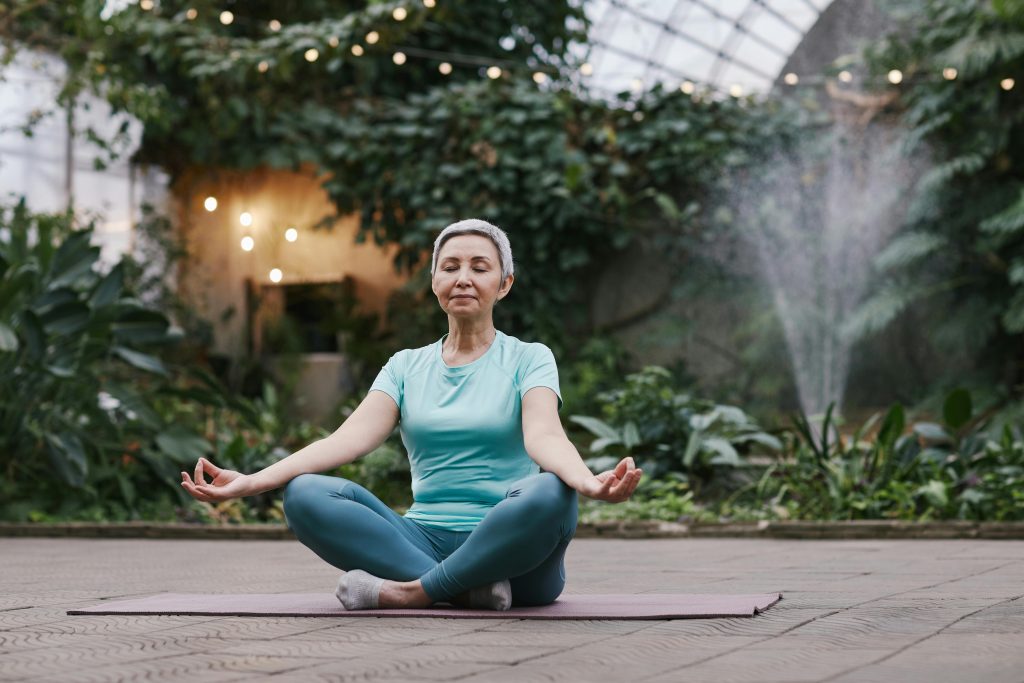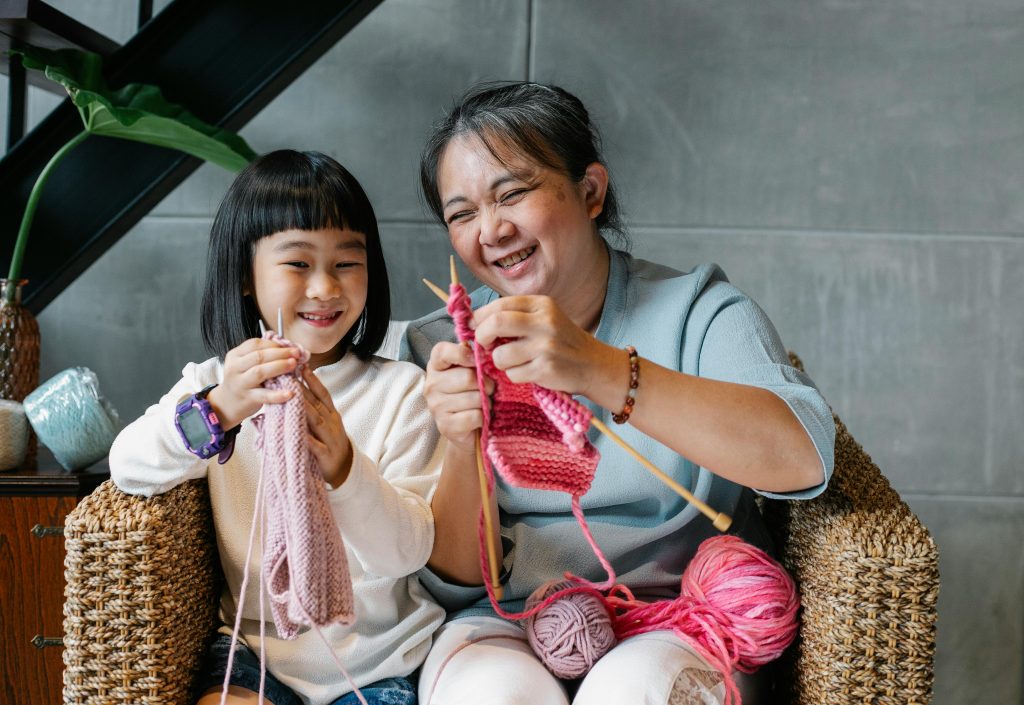Disclaimer: This website provides health information for educational purposes only and is not a substitute for professional medical advice, diagnosis, or treatment. Always seek the guidance of a qualified healthcare provider with any questions you may have.
- To manage stress and maintain mental health, physical activity, and mindfulness practices are essential for seniors.
- Social interaction and embracing technology can combat senior isolation and build supportive communities.
- Hobbies and lifelong learning contribute to seniors’ emotional well-being and cognitive engagement.
- Professional help, including therapy, can provide coping strategies for seniors experiencing overwhelming anxiety.
- Seniors deserve a peaceful and happy retirement; prioritizing mental well-being is crucial.
As people age, it’s natural to experience increased levels of anxiety and stress. The golden years should be a time of relaxation and enjoyment, but feelings of unease can often get in the way. This blog post will explore various strategies seniors can use to ease anxiety and stress, leading to a more serene retirement.
Stay Active
Physical activity is essential for maintaining both physical and mental health. Seniors should incorporate regular exercise into their daily routine, whether going for walks, practicing yoga, or participating in group fitness classes. Exercise releases endorphins, the “feel-good” hormones that can help reduce stress and anxiety.
Work with Professionals
Seniors need to work with healthcare professionals to manage their anxiety and stress. A doctor can help determine if medication is necessary. At the same time, a therapist can provide useful coping mechanisms and strategies for handling difficult emotions. You should consider looking for a reputable hospice care center for senior adults requiring more care. The center can provide a supportive environment for seniors to receive medication, therapy, and other treatments while offering comfort and companionship.
Practice Mindfulness

Mindfulness entails embracing the present moment and observing thoughts and emotions without criticism. Seniors can cultivate mindfulness through meditation, deep breathing, and yoga to alleviate anxiety. By centering on the now, seniors can release concerns about the past and future.
Everyday Activities
Mindfulness also extends to everyday activities, such as enjoying a meal or spending time in nature. Seniors can cultivate mindfulness by savoring the flavors and textures of their food or by observing the beauty of the surrounding environment, focusing on the sights, sounds, and smells.
Journaling
Additionally, journaling is a beneficial practice for reflecting on personal experiences and emotions, relieving stress, and promoting a state of tranquility. These mindful practices can help seniors create a calm oasis in their daily lives, enhancing overall well-being.
Maintain Social Connections
Loneliness is a common issue among seniors that can contribute to feelings of anxiety and stress. Older adults must maintain social connections with friends and family members or join community groups or clubs. Regular social interactions can provide emotional support and companionship, ultimately reducing feelings of isolation.
Virtual Connectivity
In addition to in-person gatherings, technology has paved the way for virtual connectivity, offering seniors a means to keep in touch with loved ones from afar. Video calls, social media, and online community forums provide platforms for older adults to engage in conversations, share experiences, and stay updated on each other’s lives.
Combat Physical Limitations
By embracing these digital tools, seniors can combat the physical limitations that might hinder their social involvement. Family and caregivers need to support and educate seniors on using these technologies to ensure they can benefit from these modern methods of communication.
Engage in Hobbies

Seniors can effectively reduce stress and anxiety by pursuing hobbies and interests. Engaging in activities like gardening, painting, playing an instrument, or trying out new recipes can bring joy and positively impact mental well-being. Hobbies also provide a sense of purpose and fulfillment during retirement years.
Lifelong Learning
Hobbies often spark the pursuit of lifelong learning, with seniors enjoying continuously expanding their knowledge and skills. This could be through structured classes, like art or music lessons, or more casually, such as learning to bake from online tutorials. The mental stimulation derived from learning combats cognitive decline and leads to a greater sense of personal achievement. Moreover, education-focused hobbies provide additional opportunities for social engagement, whether joining a book club, attending a lecture series, or participating in a community garden.
Seek Professional Help
If feelings of anxiety or stress become overwhelming for seniors, seeking professional help from a therapist or counselor may be beneficial. Therapy sessions can provide seniors with coping mechanisms and strategies to manage their emotions effectively. Older adults need to prioritize their mental health just as much as their physical health.
Cognitive Behavioral Therapy
Professional support can be tailored to the individual’s needs and preferences. Cognitive Behavioral Therapy (CBT) is one approach that has proven effective for anxiety and stress, as it helps individuals identify and challenge negative thought patterns.
The golden years should be a time of peace and contentment for seniors. Older adults can effectively ease anxiety and stress by incorporating these strategies into their daily lives – staying active, practicing mindfulness, maintaining social connections, engaging in hobbies, and seeking professional help. Remember that it’s never too late to prioritize your mental well-being; you deserve a serene retirement filled with happiness and tranquility.
